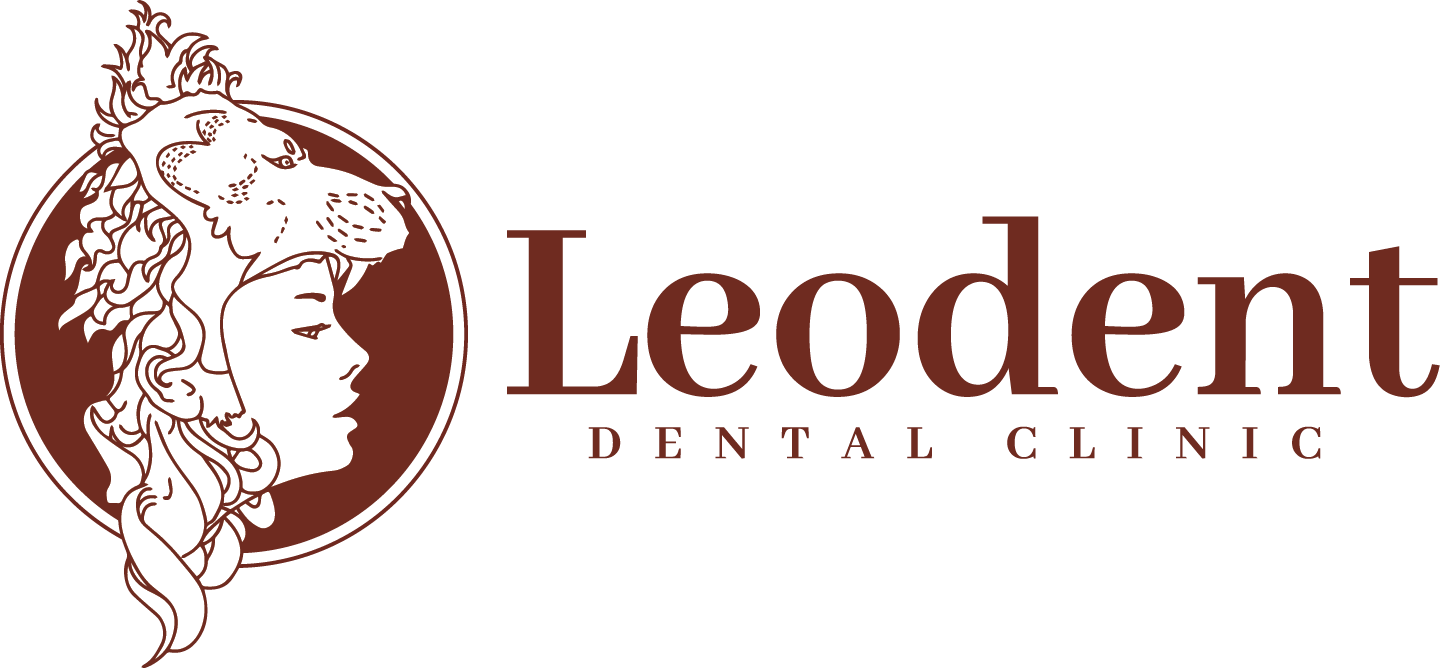Jaw Bone Surgery
Jawbone surgeries include surgical procedures performed to eliminate structural disorders, bone loss or functional problems in the jaw area. These problems can occur for various reasons such as post-traumatic fractures, bone resorption, insufficient bone volume for dental implants, cyst or tumour formations. Symptoms may include pain, chewing difficulties, aesthetic deformations or restricted jaw movements.
Diagnosis Process
The diagnosis begins with a detailed clinical examination. The condition of the jawbone is assessed in detail using three-dimensional imaging methods (e.g. 3D cone beam tomography). This method clearly reveals damage to the bone structure, loss of density or pathological formations. If necessary, the diagnosis can be confirmed by additional methods such as a biopsy.
Treatment Plan
Jawbone surgeries are planned with a personalised approach according to the patient’s condition. This process usually requires a long-term recovery period and patient compliance plays a critical role in the success of the treatment. Treatment options include:
-
Bone Graft Applications: In cases of insufficient bone volume, bone reinforcement is performed with synthetic or natural graft materials.:
-
Fracture Repair: Travma sonucu oluşan çene kemiği kırıklarının cerrahi olarak stabilize edilmesi.
-
Cyst and Tumor Surgery: Removal of pathological formations in the jaw bone and bone reconstruction where necessary.
-
Orthognathic Surgery: Aesthetic and functional repositioning of the jawbone.
-
Implant Assisted Reconstruction : Creation of bone structure suitable for dental implants.
In some cases, jawbone surgeries may affect the bite relationship or chewing dynamics. In such cases, existing restorations (fillings, veneers or dentures) may need to be realigned. Occlusion analysis and adjustment is an important step supporting surgical treatment.
Treatment Process and Patient Compliance
Jawbone surgeries are usually performed under local or general anaesthesia. The postoperative recovery period may vary depending on the general health status of the patient, the scope of the surgery and the technique applied. During the recovery period, it is of great importance to follow the dietary restrictions recommended by the physician, to pay attention to oral hygiene and not to interrupt regular check-ups.
Exercises or physical therapy protocols recommended after surgery are effective in regaining jaw function. The patient can shorten the recovery period and reduce the risk of complications by actively participating in the treatment process.
Regular Follow-Up
The success of jawbone surgeries is supported by regular follow-up and controls. Examinations performed at intervals determined by the physician provide evaluation of bone healing and early detection of possible problems. The patient can achieve long-term healthy results by adhering to the treatment plan.
Surgical intervention is usually considered when other treatment modalities have failed. It is important to evaluate all conservative treatment options before surgery.
Jawbone surgery is a surgical procedure performed to correct the position of the lower and/or upper jaw bones. This surgery is applied to individuals who have chewing, speaking, breathing and aesthetic problems due to congenital disorders, traumas or developmental abnormalities in the jaw structure.
Yes, orthodontic treatment is usually necessary before surgery. This treatment ensures the correct positioning of the teeth and increases the success of the surgical intervention.
Since general anaesthesia is applied during the operation, no pain is felt. After the operation, there may be mild to moderate pain and discomfort, which can usually be controlled with prescribed painkillers.
The healing process varies from person to person, but is usually completed between 6 and 12 weeks. Full recovery and normalisation of jaw function may take several months.
Jaw surgeries are usually performed with incisions made inside the mouth, so there is no scar visible from the outside. However, in some cases external incisions may be required; in this case there is a possibility of scarring, but surgeons usually use aesthetic suturing techniques to minimise the visibility of scars.
Speaking and eating may be difficult for the first few days after the operation. Feeding with soft foods is recommended and speech returns to normal over time. During full recovery, these functions usually recover completely.
As with any surgical intervention, jaw surgery has some risks. These include infection, bleeding, nerve damage (e.g. numbness of the lips or jaw), pain or restriction of movement in the jaw joint. However, these complications are rare and the risks are minimised in procedures performed by experienced surgeons.
Yes, chin surgery can be performed not only to correct functional problems, but also to improve facial aesthetics. Irregularities in the jaw structure can affect facial symmetry; therefore, this surgery can also be preferred for aesthetic concerns.
Rest is recommended for the first few weeks after surgery. You can usually return to light daily activities within 2 to 4 weeks. However, it is important to wait for the time recommended by your doctor for full recovery and intensive physical activities.


